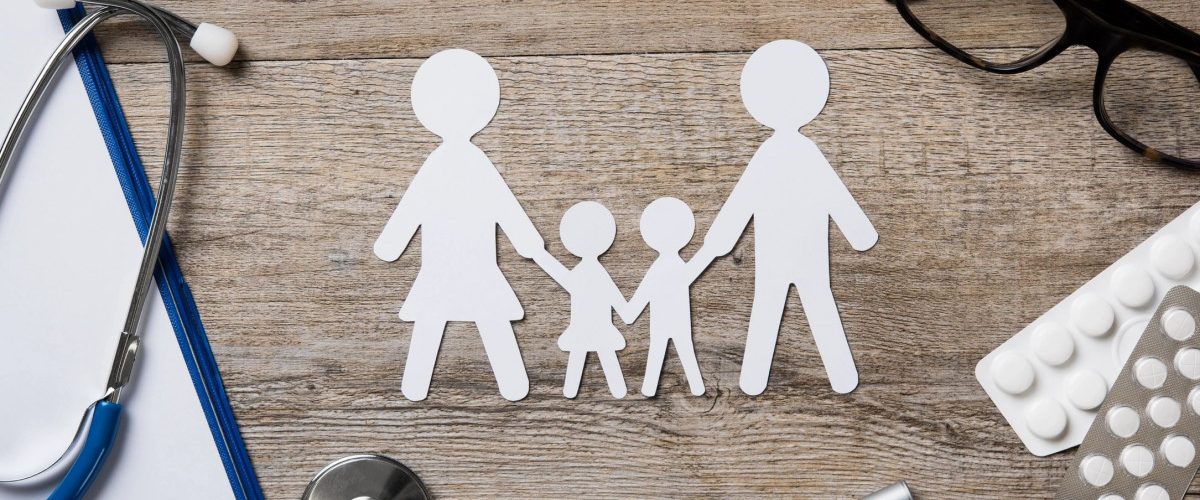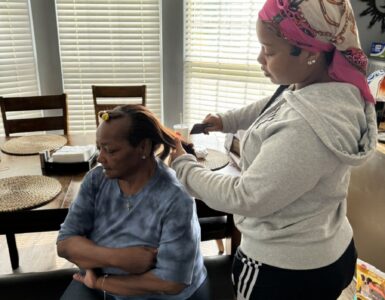By Khayla Robinson
For centuries, Black people have endured a multitude of traumatic experiences. From slavery, to the Jim Crow Era, to the ongoing fight with police brutality, every generation in the Black community has suffered immensely due to heavily flawed systems.
However, one topic within the Black community is full of misconceptions, restricting us from having the necessary conversations that let us reflect on past pains to heal future generations. This topic is mental health. For decades, the meaning behind terms such as depression, ADHD, OCD, and other mental illnesses, have been distorted or even ignored because of ignorance. This creates stigmas, a big problem within the Black community.
“I just don’t like how downplayed mental illness is in the Black community, cause at the end of the day, people are hurting” Yamarie Sarr, an incoming freshman at Towson University, stated. “And for people [who uphold stigmas] to just downgrade it and push it to the side—that does so much more damage than they would ever imagine.”
The origins of stigmas surrounding mental health in the Black community can be traced back to slavery and the years of oppression following. During slavery, Black people experienced a great deal of traumatic events that inevitably affected future generations; stolen from homelands, separated from families, dehumanized during and outside of slave auctions, and forced to work for hours on end. The continent never mattered—where there was slavery, there was physical and mental abuse. Day in and day out. Year after year.
Despite the injustices, most slave owners in America didn’t believe that it could have an impact on the mental health of slaves. In fact, during the mid-1800s, Dr. John M. Galt, a Superintendent at the Eastern State Insane Asylum, proposed the idea that “blacks were immune to mental illness” due to the lack of rights. Slaves were unable to own property, participate in civic affairs, or engage in anything outside of harsh labor. This harmful way of thinking is still being used today in different words.
For instance, Black women. Black women are often painted as “strong,” which hinders them from receiving proper care. Because they are “strong,” there is no need to answer their concerns; there is no need for excessive care. This is especially seen in the medical field. Whether during regular check-ups or pregnancy, their concerns are often ignored by medical staff. This has led to pregnancy-related deaths being three to four times more likely in Black women compared to white women, according to the CDC. Racism continues to plague America’s systems, and has been for over four-hundred years.
After slavery ended, Black people were faced with another period of oppression and hatred: the Jim Crow era. This implemented laws promoting segregation and blatant discrimination towards Black people, making it more and more difficult for Black people to simply exist in America. This forced them to rely on themselves for emotional support, parallel to the years of slavery.
This combination of believing Black people were immune to mental illnesses, as well as mistrust and lack of care from white institutions, fueled the stigmas that we see today. In fact, according to Hazel Edney, an award-winning journalist and instructor at Howard University, “The 3rd cause of death in Black adolescents ages 15-19 is suicide.”
To combat this, it’s important that as a community, we continue to inform others of the importance behind acknowledging mental health and illnesses. One way to educate others is through schools. This helps break the ice of talking about mental health for students and families, allowing them to learn more about what goes on in a person’s mind and when that should be addressed.
Dr. Tyish Hall Brown, a child and adolescent psychologist, mentioned that D.C. has been working on mental health initiatives that add these conversations to school curriculums. This will create a space for students to let out how they’re feeling, an opportunity that many years ago didn’t have. This can slowly start to break the stigmas surrounding mental health in the Black community, healing generations to come. After all, “If the way you frame the problem is incorrect, the way you frame the solution will be incorrect,” said Linda Villarosa, an author, journalist, and former executive editor for Essence Magazine.





Recent Comments